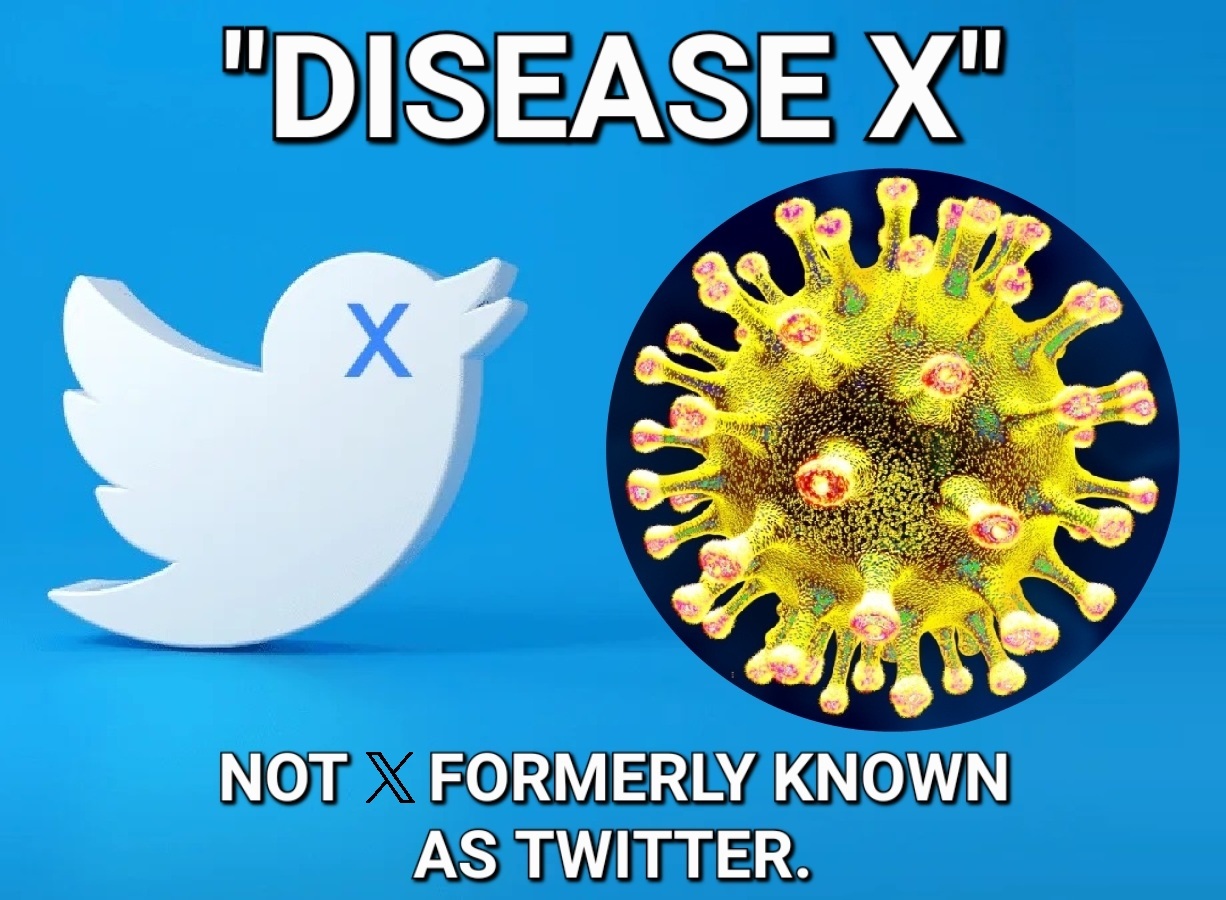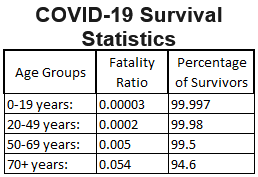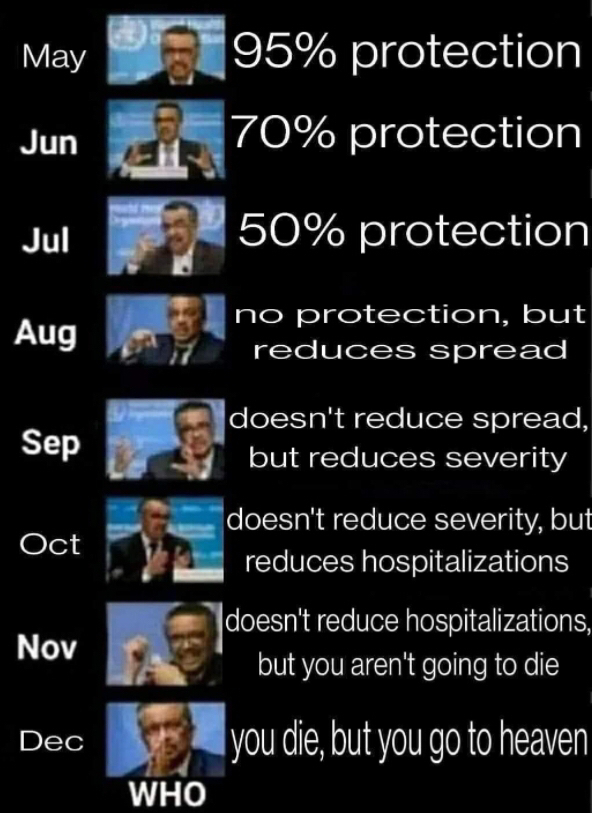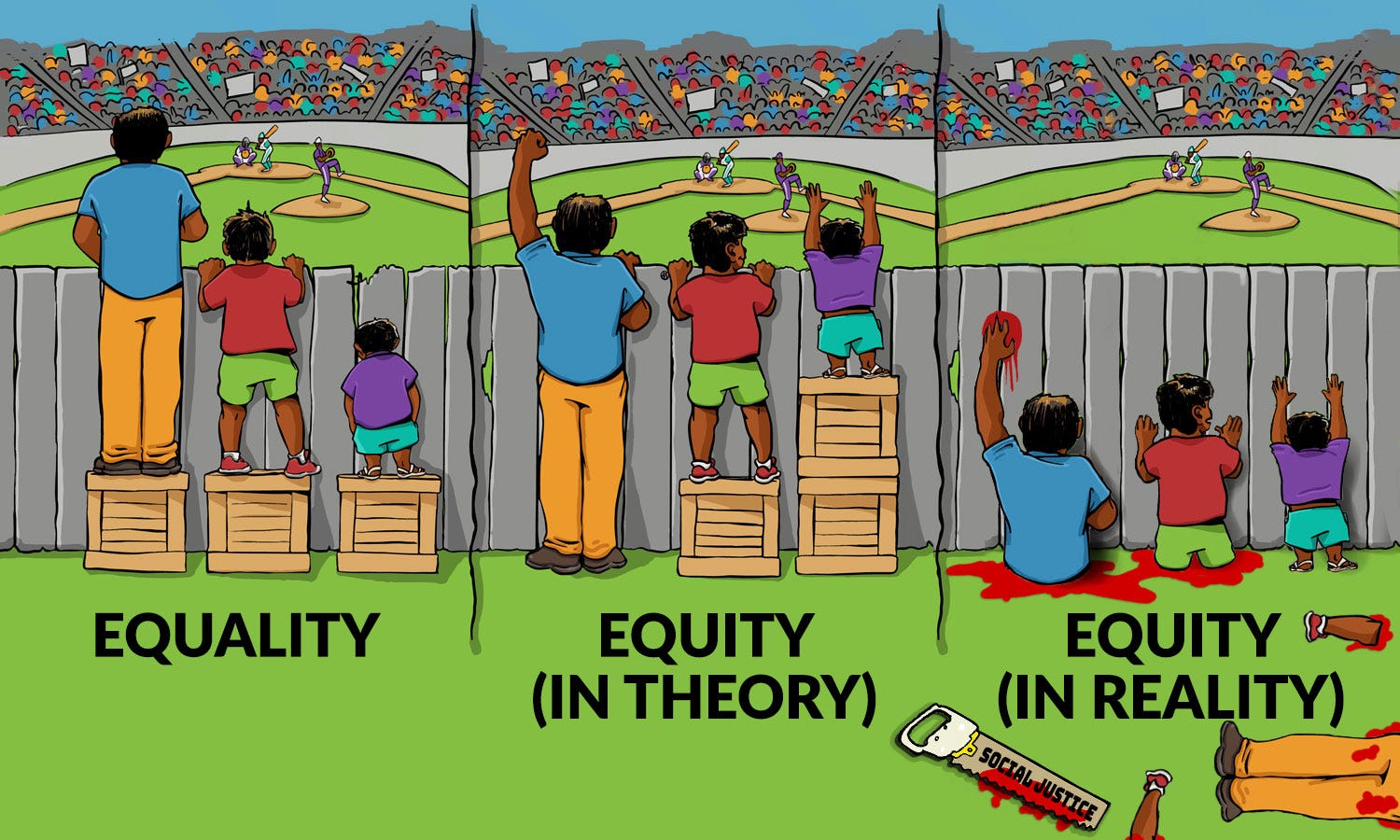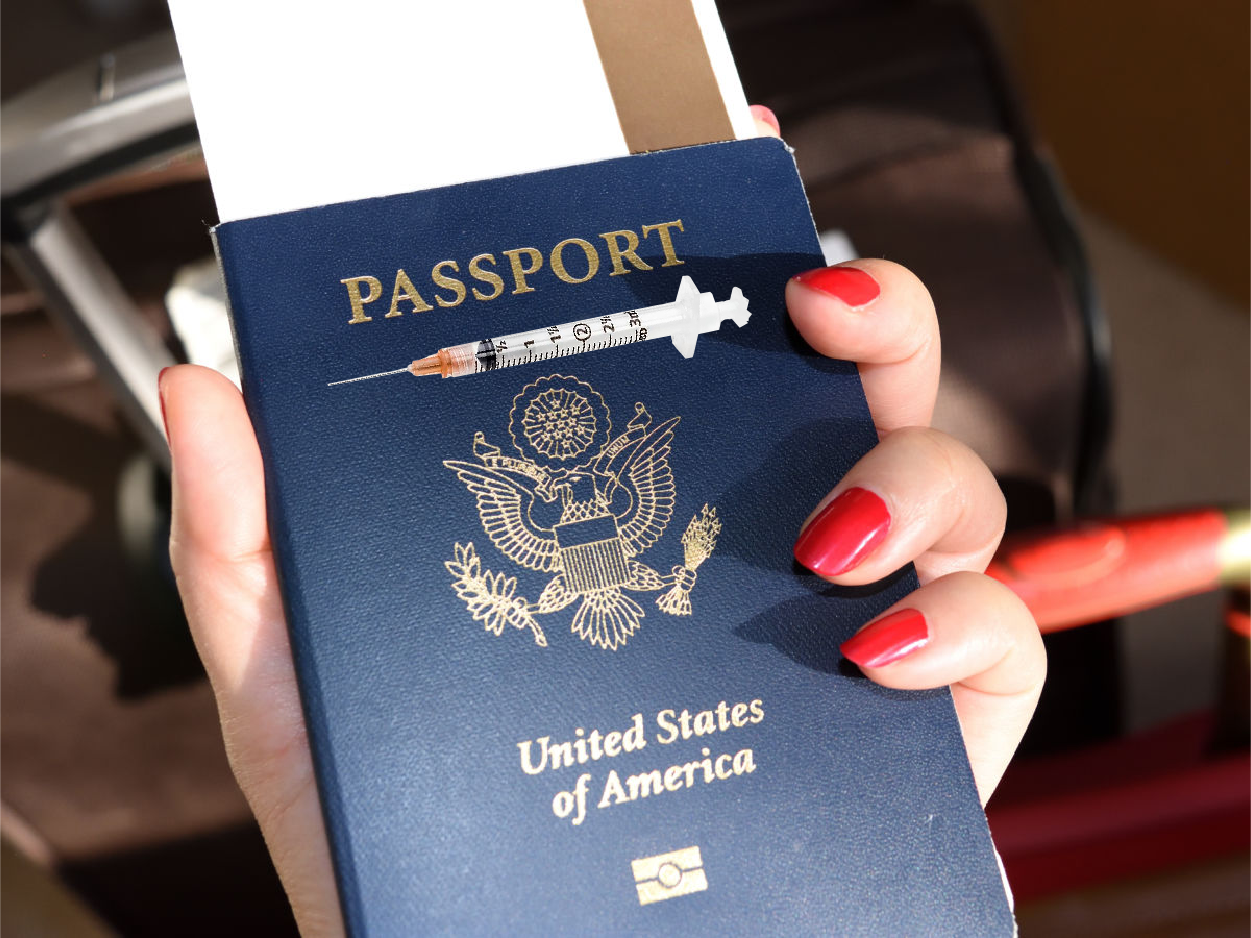| « Is A.I. (Artificial Intelligence) Coming for Your Job? | Solar Power, Wind Power, and Population Reduction, Can it Work? » |
Forget COVID-19, "Disease X" is The New Virus in Town
What is Disease X
For comparison, I will reference the most recently declared pandemic, COVID-19.Sure COVID-19 didn't turn out to be the world's most deadly virus (COVID-19/SARS-CoV-2 = same survivability as the flu).
But this next virus, well... you'd better be scared! I mean really scared, because it's coming, and we know it's coming because they have already half-way named it.
"Disease X" is the half-name of this coming viral outbreak. But how do we know there will be another outbreak soon?
Published February 15, 2024
In this Q&A, Amesh Adalja, MD, a senior scholar at the Johns Hopkins Center for Health Security, breaks down the specifics of Disease X, when and where the next potential pathogenic threat could arise, and how conceptual preparedness events could help forge new paths in pandemic prevention—and avoid repeating past mistakes.
Tell us about Disease X. How does it prepare us for future pandemics?
Secretary of Defense Donald Rumsfeld once said, there are known knowns, known unknowns, and unknown unknowns. With Disease X, we're preparing for an unknown unknown.
Disease X is a placeholder concept that refers to a pandemic pathogen that has not yet been characterized. Its purpose is to encourage proactive thinking about pathogens that could cause a pandemic. It represents a way to push people's thinking forward so that they're not wedded to lists of prior pandemic pathogens, like influenza.
A few things stand out right from the start. Who is quoted at the beginning of the Q&A? A former secretary of defense--not a medical doctor. The idea is to make people more scared, by framing this new "upcoming" pandemic as different (more scary) than all past pandemics. Pandemics are declared, they are not necessarily determined by metrics. Pandemics have been declared for illnesses that killed anywhere from 18,000 people to millions of people. There are no agreed upon metrics by which a pandemic should be declared.
I thought this next question was rather strange.
How do we convince people that Disease X is hypothetical?
The concept of Disease X has been around since at least 2018; it's not something new. This concept has already had some achievements under its belt. BioNTech and Moderna had a SARS-CoV-2 vaccine candidate ready within hours to days because of work that was done in response to the MERS epidemic in the Arabian Peninsula, like understanding how to stabilize the spike protein in order to engender the appropriate type of antibodies. Even though we didn't know SARS-CoV-2 would be a pandemic pathogen, people started to think that the coronavirus family was an important viral family to work in because of its ability to cause severe respiratory disease. All of that sped the vaccine up considerably.
The faster a vaccine, antivirals, monoclonal antibodies, and diagnostic tests are available, that trend during an infectious disease emergency translates into life saved.
Why would there be a need to convince people that Disease X is hypothetical? If governments are planning and directing resources for Disease X as a definite, wouldn't it make sense to have people prepare on an individual level as well?
Who is involved in the preparedness planning for a Disease X pandemic?
I would say the bulk of the preparedness is happening with the WHO and other public health agencies like CDC, the European CDC, the UK Health Security Agency, as well as the Biomedical Advanced Research and Development Authority [BARDA] at the NIH. It involves the United Nations, and essentially all levels of government, plus business organizations like the World Economic Forum. It trickles all the way down to the state and local health department levels as well as even individual hospitals and health care facilities. It also includes pharmaceutical companies that are thinking about vaccine platform technologies and how quickly they can ramp up as necessary.
This is really multisectoral because preparedness is not just medical countermeasures, it's also societal responses and business continuity.
The response to Disease X is going to require the assistance of just about every government organization, and government/private partnership on the planet according to Amesh Adalja, MD. BARDA was mentioned in the article, BARDA is part of the U.S. Department of Health and Human Services. Take note, vaccines and therapeutics mentioned here are referred to as "medical countermeasures." The FDA doesn't regulate medical countermeasures, that's why the vaccines under EUA (Emergency Use Authorization) were not FDA approved. People were lied to and told that they were--but they weren't. The FDA doesn't have the jurisdiction to regulate military countermeasures, any more than the FDA has jurisdiction to regulate the explosive charge of grenades. Many word games were played.
How prepared do you think we are now?
Are we more prepared than we were for COVID? Yes, probably. But are we fully prepared? No. Have we solved hospital capacity problems? No. Do we have domestic manufacturers of masks? No, most of them have stopped manufacturing after COVID-19 [began to subside]. Do we have a population that wants to embrace new technologies like vaccines and antivirals? No.
You can see what happened with the mpox [Monkeypox] outbreak—how many mistakes were made and how difficult it was to get testing or antivirals. All of that played a major role in how difficult it was for clinicians to actually handle people during the mpox epidemic.
The public isn't lining up for vaccines and antivirals? Those involved in the COVID-19 response blame vaccine hesitancy on messaging. Just as they did in "The SPARS Pandemic Scenario." Public hesitancy was warranted, the vaccines, and antivirals didn't work as advertised. This was witnessed by many people, and the information was censored when someone attempted to speak out about it. Censoring people who are trying to warn others of danger, warrants hesitation and a lack of trust.
Weren't there people tasked with preparing for diseases all along? Isn't that what the CDC does? The CDC isn't new, so what have they been doing for all these years? Or, perhaps the NIH was preparing? Apparently that's not what the NIH or CDC do--that's what the WHO does. At least, that's what the CDC told me.
The entire COVID-19 response--globally, was a massive failure. Nothing went as expected, and many people died as a result of government interventions, always keep in mind that COVID-19 has a survivability rate equal to seasonal flu. Are we really to believe that an illness that has the same survivability rate as the flu--somehow killed (5) times as many people as the flu, or was the government response to blame?
At what point does it make sense to award the same people, who screwed things up--even more power and control the next time around? Double down on what didn't work in the very recent past. Not only that, let's centralize control of the response to guarantee that any bad decisions are spread and executed on a global scale. You have to ask yourself, "Is 'public health' really the goal here?"
The WHO, Meet The New Boss, Same as The Old Boss
The WHO is busy with its "International Treaty on Pandemic Prevention, Preparedness and Response." I'm sure that everyone has learned from their mistakes, these being the same people who think that a bad clinical outcomes are the result of messaging.
When looking at the details of any treaty, policy, or proposed change in agreement, one must first determine precisely why the proposed problem is now an issue.
Why did WHO’s Member States decide to create an accord for pandemic preparedness and response?
In light of the impact of the COVID-19 pandemic, WHO’s 194 Member States established a process to draft and negotiate a new convention, agreement, or other international instrument (referred to in the rest of this FAQ, generally, as an “accord”) on pandemic preparedness and response. This was driven by the need to ensure communities, governments, and all sectors of society – within countries and globally – are better prepared and protected, in order to prevent and respond to future pandemics. The great loss of human life, disruption to households and societies at large, and impact on development are among the factors cited by governments to support the need for lasting action to prevent a repeat of such crises.
At the heart of the proposed accord is the need to ensure equity in both access to the tools needed to prevent pandemics (including technologies like vaccines, personal protective equipment, information and expertise) and access to health care for all people.
The word "equity" does not mean what most people assume it means. People often assume it means equal distribution, or equal treatment, it does not. It means equal outcomes, with an absolute disregard as to methods required to achieve those outcomes. In short, "Make it equal, however you have to. We'll figure the rest out later."
Does anyone believe that we can provide access to health care for "all people?"
What is the process underway to draft and negotiate the accord?
In December 2021, at a special session of the World Health Assembly – WHO’s highest decision-making body, comprising of all of its 194 sovereign member countries – WHO’s Member States decided to establish an intergovernmental negotiating body (INB), representing all regions of the world, to draft and negotiate a WHO convention, agreement, or other international instrument on pandemic prevention, preparedness and response, with a view to adoption under Article 19 of the WHO Constitution, other provisions of the Constitution as may be deemed appropriate by the INB.
Article 19 gives the 194 Member States forming the Health Assembly the authority to adopt conventions or agreements on any matter within WHO’s competence. The sole instrument established under Article 19 to date is the WHO Framework Convention on Tobacco Control, which has made a significant and rapid contribution to protecting people from tobacco since its entry into force in 2005.
On the website they reference "the WHO Framework Convention on Tobacco Control." Apparently it went into effect 27 February 2005. Considering that most people have likely never heard of this framework on tobacco control, it's easy to see where the WHO's real concern is. Pandemics are much more flashy than, "Stop smoking."
Let's take a look at the actual text of the Constitution of The World Health Organization.
Article 19
The Health Assembly shall have authority to adopt conventions or agreements with respect to any matter within the competence of the Organization. A two-thirds vote of the Health Assembly shall be required for the adoption of such conventions or agreements, which shall come into force for each Member when accepted by it in accordance with its constitutional processes.
The WHO determines their own level of "competency." I'm sure there's little chance for abuse there.
What this pandemic accord will do is give the WHO unprecedented power over the response to whatever the next declared pandemic will be. Most importantly--the ability to declare a pandemic.
All of the member nations who agreed to the accord will then instate whatever pandemic response protocols they have in place. One of those protocols is vaccine passports. Vaccine passports are definitely going to be required for international travel.
We know this because the G20 nations have already agreed to this at the 2022 G20 summit.
The leaders from 20 countries at the recent G20 Summit signed a declaration which states they agree to adopt vaccine passports to “facilitate” all international travel.
The current membership of the G20 accounts for more than 66 percent of the world’s population and includes Argentina, Australia, Brazil, Canada, China, France, Germany, Japan, India, Indonesia, Italy, Mexico, Russia, South Africa, Saudi Arabia, South Korea, Turkey, United Kingdom, United States, and European Union.
The two-day summit concluded in Bali, Indonesia yesterday and consisted of talks between the G20 member countries. Klaus Schwab, World Economic Forum (WEF) Chair, also attended.
The Massachusetts Institute of Technology’s Technology Review states, “This new social order will seem unthinkable to most people in so-called free countries. But any change can quickly become normal if people accept it. The new normal will be that we are used to the idea that in some cases being able to move around freely is dependent on us being able to show that we're healthy. There will be a greater acceptance, I think, of that kind of public health monitoring.”
Whenever Disease X gets here, it's the response I'm worried about, not the pathogen.
What do you think?
Please leave a comment, like it or hate it... You DO NOT need to register to leave a comment. Email addresses are NOT used. Just make one up "someone@somehost.com"
